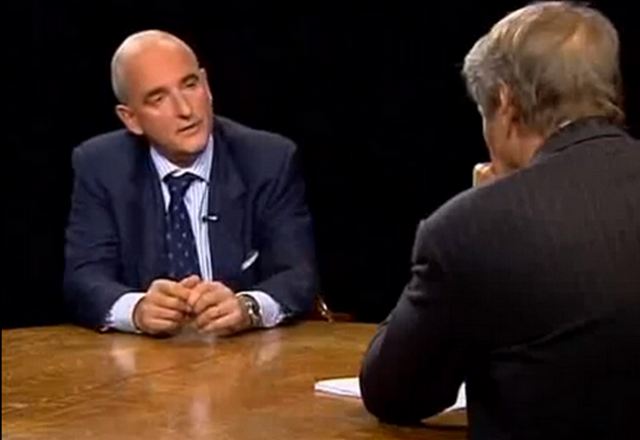Previously we noted that
the New York Times has a tendency to play up the successes of the BDS movement and to play down the true nature of the BDS movement.
The New York Times has since carried two more articles about BDS; one in the news section and one op-ed. Surprisingly, the opinion article took a critical look at BDS. Unfortunately the news story was consistent with previous New York Times coverage of the issue.
In the news section, Jerusalem bureau chief, Jodi Rudoren wrote
West Bank Boycott: A Political Act or Prejudice? For the most part Rudoren treats the issue "evenhandedly," giving each side equal time and not judging either side. In the course of the reporting Rudoren interviews BDS activist Omar Barghouti.
“He can say anything he wishes, but immoral? Resistance to his immoral policies can never be immoral,” Mr. Barghouti said of Mr. Netanyahu. “The litmus test is are you boycotting a group of people based on their identity, or are you boycotting something — an act, a company, a business — that you disagree with.
“We have three reasons,” Mr. Barghouti said, citing the movement’s goals of ending the occupation; ensuring equality for Palestinian citizens of Israel; and promoting the right of return for Palestinian refugees. “End the three reasons and we won’t boycott.”
Barghouti, who got a degree from Tel Aviv University is a pretty good example of equality of Israel's minorities. That degree also makes Barghouti a hypocrites as his boycott would affect Tel Aviv University too. Rudoren ignores these inconsistencies. She also remains silent about Barghouti's demand for the right of return. Everyone knows that the point of that "right"
is the destruction of Israel.
In fact, Barghouti's claim confirms that the the goal of the BDS movement is an assault on Israel's right to exist is correct. Rudoren doesn't appear to grasp this.
Oddly, it is columnist Roger Cohen who got things right about BDS. In
The B.D.S. Threat, Cohen writes:








